Russia bites back and vows to expel British diplomats
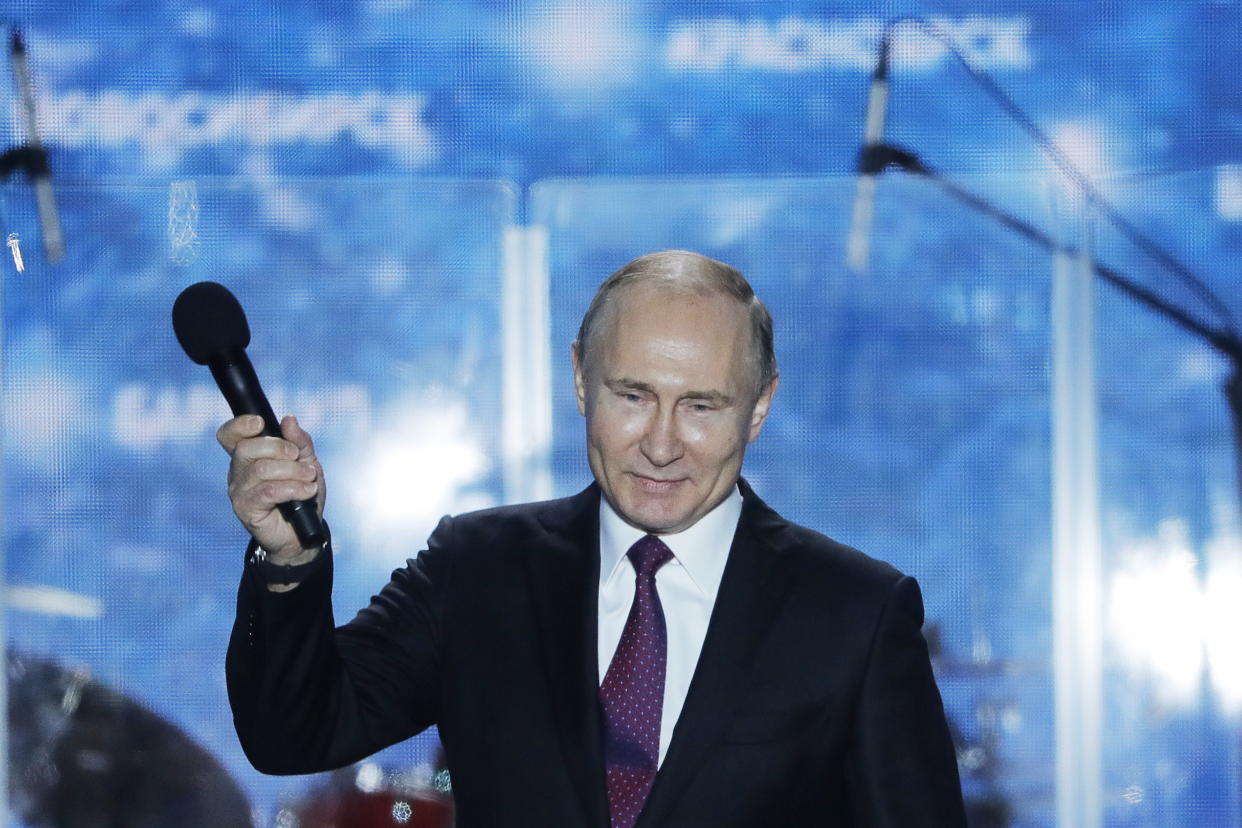
Russia will expel a number of British diplomats in retaliation to Theresa May’s raft of measures aimed at Moscow over the poisoning of a former double agent on UK soil.
Moscow, which denies using a nerve agent on former double agent Sergei Skripal on 4 March, made clear its own retaliatory measure on Wednesday morning just hours after Boris Johnson ratcheted up the war of words by saying Moscow’s ‘smug’ response revealed their guilt.
Mr Johnson added that ‘all responsible nations’ shared an obligation to take on Russian aggression that ‘threatens the very architecture of global security’.
The UK announced it was expelling 23 Russian diplomats – along with a raft of other measures – yesterday after a deadline passed for President Putin to explain how a Russian nerve agent was used on Skripal on the streets of Salisbury.
In response, Russia’s Foreign ministry condemned the ‘absolutely insane accusations made by the UK prime minister against Russia’. It added that diplomatic notes sent to the Foreign Office had received replies that “made no sense”.
It is thought President Putin will take the final decision as to when retaliatory measures will be taken.
The US, France, Germany and Nato have already stated their support for Britain.
Amid heated debate at a UN meeting on Wednesday night, the US positioned itself full-square behind the UK, describing the use of chemical weapons in Britain as a ‘defining moment’.
May takes aim

The latest tit-for-tat actions were sparked by Mrs May in a speech to MPs on Wednesday in which she announced her raft of measures and accused Russia of responding to her demands for an explanation of events in Salisbury with ‘sarcasm, contempt and defiance’.
Mrs May said Russia had failed to provide any ‘credible’ explanation of events and of why it had ‘an undeclared chemical weapons programme in contravention of international law’.
Taking aim at President Putin directly, she added: ‘It is tragic that President Putin has chosen to act in this way. But we will not tolerate the threat to life of British people and others on British soil from the Russian Government.’
She stated the UK would:
expel 23 diplomats, giving them one week to leave the country
create new powers to detain those suspected of hostile state activity at the UK border.
ask the Home Secretary to look at new counter-espionage powers to “clamp down on the full spectrum of hostile activities of foreign agents in our country”.
take immediate actions to dismantle the Russian espionage network in the UK
increased checks on private flights, customs and freight traffic to track those visiting the country
freeze Russian state assets wherever there is evidence they may be used to threaten the life or property of UK nationals or residents
continue to bring all the capabilities of UK law enforcement to bear against serious criminals and corrupt elites
Russia fires back
Russia initially responded by describing Mrs May’s statement as ‘an unprecedentedly rude provocation that undermines the foundations of a normal interstate dialogue between our countries’.
The Russian embassy also hit back by making a clear nod to the cold war in a tweet that read: “The temperature of Russia-UK relations drops to minus-23, but we are not afraid of cold weather.”
The temperature of relations drops to ➖2️⃣3️⃣, but we are not afraid of cold weather. pic.twitter.com/mand9YyoaE
— Russian Embassy, UK (@RussianEmbassy) March 14, 2018
It added: ‘We consider this hostile action as totally unacceptable, unjustified and shortsighted. All the responsibility for the deterioration of the Russia-UK relationship lies with the current political leadership of Britain.’
And at the UN meeting, UN Security Council representative Vasily Nebenzya condemned the ‘completely irresponsible statements’ and ‘threats against a permanent member of the UN Security Council’.
Moscow has now made their retaliation clear, with Foreign Minister Sergei Lavrov saying the expulsions would happen ‘soon. I promise you that’.
Boris’s ‘smug’ comments
Boris Johnson has called for Britain’s allies to support its stand against Russia as the UK braced for retaliation for expelling Kremlin diplomats en masse.
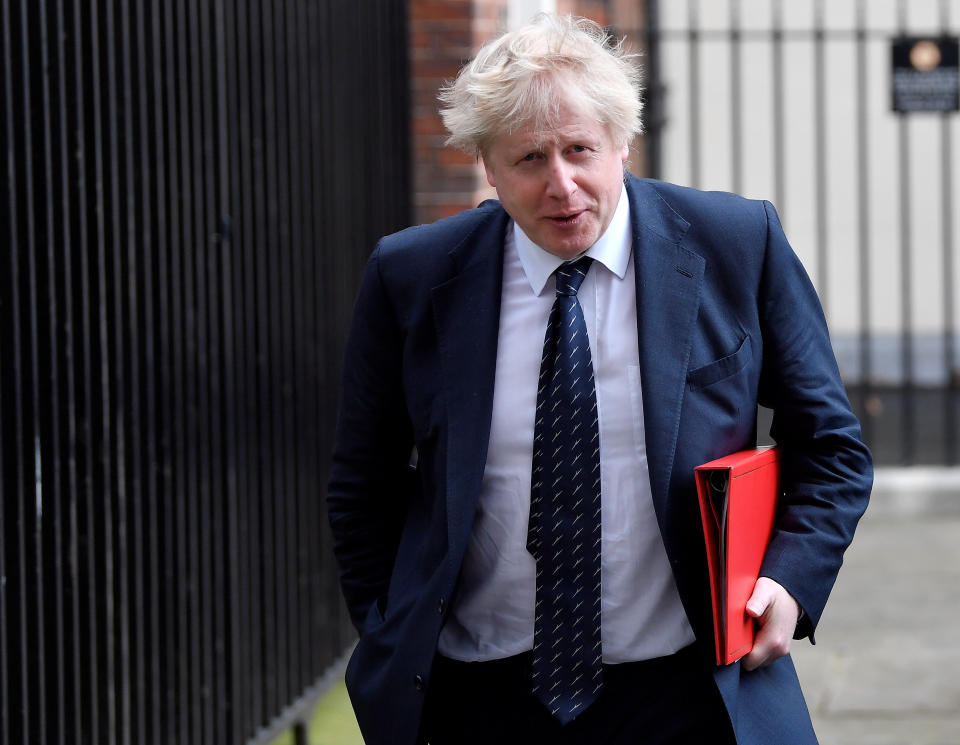
The Foreign Secretary said “all responsible nations” shared an obligation to take on Russian aggression that “threatens the very architecture of global security”.
Writing in the Washington Post, Mr Johnson also said the poison used in the Salisbury spy attack was specifically chosen to send a message to political dissenters challenging Russian president Vladimir Putin.
“All responsible nations share an obligation to take a principled stance against this behaviour,” he said.
“The countermeasures announced by the Prime Minister are not solely about the attack in Salisbury.
“Britain is striving to uphold the rules on which the safety of every country depends. I hope and believe that our friends will stand alongside us.”
Mr Johnson said the Salisbury incident showed the Kremlin is “clearly willing to act without restraint” and fitted a pattern of “reckless behaviour” by Mr Putin.
He added: ‘There is something in the kind of smug, sarcastic response that we’ve heard that indicates their fundamental guilt. They want to simultaneously deny it, yet at the same time to glory in it.’
Labour in-fighting
Britain’s coherent response has been undermined by frictions on the Labour benches.

Labour leader Jeremy Corbyn received fierce criticism from Conservatives and some of his own MPs after his team raised doubts about who was responsible for the Salisbury nerve agent attack.
A group of Labour backbenchers said it “unequivocally accepts” the Russian state’s culpability for the incident, while Theresa May said it was “outrageous” that Mr Corbyn’s spokesman had said there was a “problematic” history over the use of UK intelligence.
Asked if Mr Corbyn had undermined UK security assessments that it was “highly likely” Russia was behind their poisoning, Shadow defence secretary Nia Griffith said: “Looking back, perhaps it would have been easier for us if he had made it clear at the beginning of what he said, just how much we support the expulsion of the diplomats.
“It would have been easier and perhaps we would not have had the conversations we are seeing.”
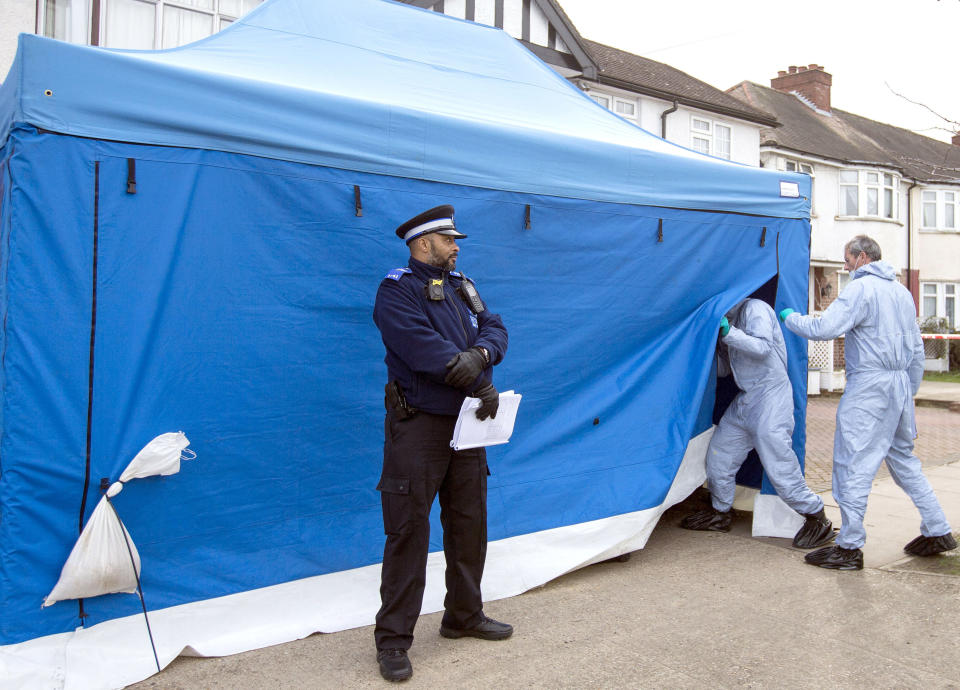
LATEST ON RUSSIA DEVELOPMENTS AT YAHOO UK
‘Don’t threaten us’: Russia’s extraordinary nuclear warning to May
21 people have been treated for exposure to nerve agent that poisoned Russian spy
Russian MP accuses UK of trying to kill Sergei Skripal and compares Theresa May to Adolf Hitler
Almost 200 troops sent to Salisbury to help police after poisoning of Russian spy
Theresa May expels 23 Russian diplomats from UK over spy poisoning allegations
Former double agent Mr Skripal, 66, and his daughter, 33, were found slumped on a bench in Salisbury, Wiltshire, on March 4.
Police and MI5 are to look into allegations that a string of other deaths on UK soil may be linked to Russia.


‘A defining moment’
At a meeting of the UN Security Council called to discuss the incident in Salisbury, the US ambassador to the world body, Nikki Haley, gave little ambiguity in her support for the UK. She said:
‘Let me make one thing clear from the very beginning. The United States stands in absolute solidarity with Great Britain.
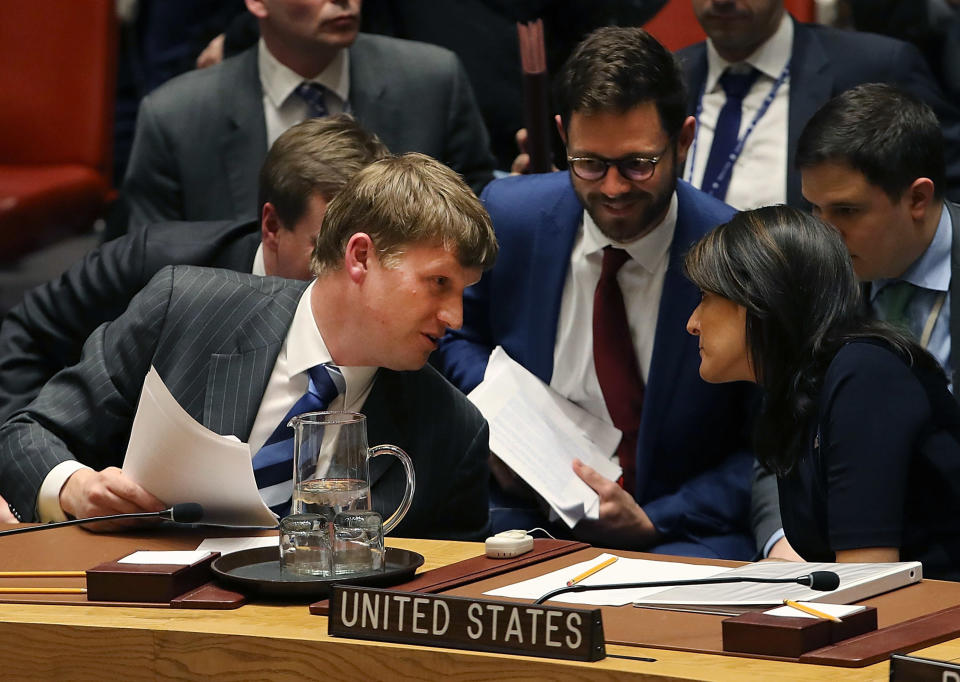
‘The United States believes that Russia is responsible for the attack on two people in the United Kingdom using a military-grade nerve agent. Dozens of civilians and first responders were also exposed.
‘No two nations enjoy a stronger bond than that of the United States and the United Kingdom. Ours is truly a special relationship. When our friends in Great Britain face a challenge, the United States will always be there for them. Always.
‘If we don’t take immediate concrete measures to address this now, Salisbury will not be the last place we see chemical weapons used.
‘They could be used here in New York, or in cities of any country that sits on this council. This is a defining moment.’
The response from Britain’s allies
Nato has issued a statement backing the UK, describing any use of chemical weapons as a threat to international peace. It reads:
‘Allies expressed deep concern at the first offensive use of a nerve agent on Alliance territory since NATO’s foundation. Allies expressed solidarity with the UK, offered their support in the conduct of the ongoing investigation, and called on Russia to address the UK’s questions including providing full and complete disclosure of the Novichok programme to the Organisation for the Prohibition of Chemical Weapons. Allies agreed that the attack was a clear breach of international norms and agreements.’
France’s support for Britain is “unquestionable”, a source at the Elysee Palace has insisted amid reports that the French government is yet to fully back the UK in blaming Russia for the poisoning of Sergei Skripal.
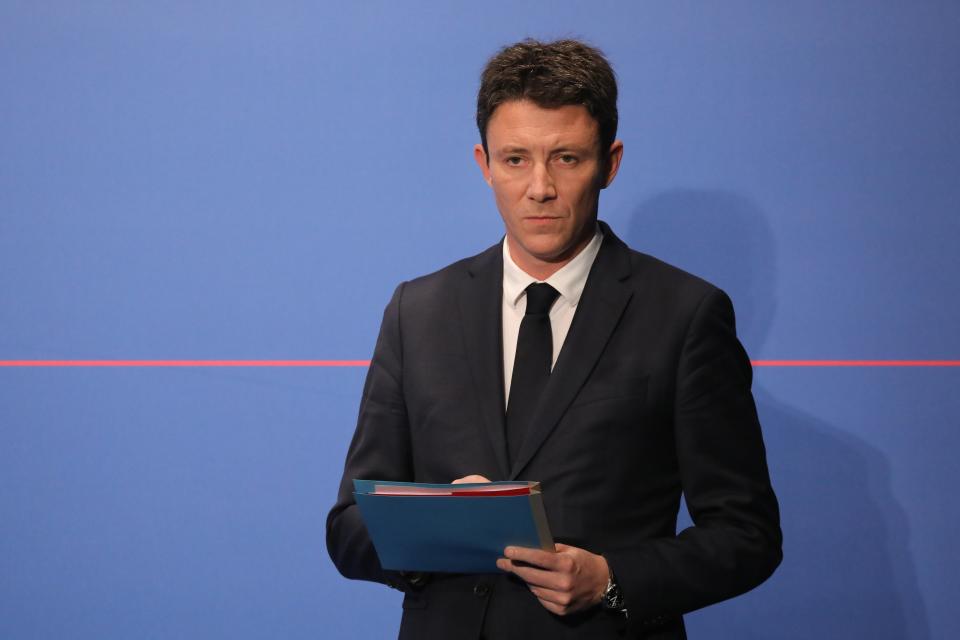
French government spokesman Benjamin Griveaux said on Wednesday that it was too early to decide on retaliatory measures as Russian involvement was yet to be proven.
The Elysee source said: “France’s solidarity with the UK is unquestionable.
“President Macron denounced as early as Tuesday the Salisbury chemical attack as unacceptable and assured Prime Minister May the UK had France’s full support. Both leaders will discuss the matter yet again this Thursday.
“Since the beginning of this week, the UK has briefed its allies thoroughly, and France in particular, that it was highly likely that Russia was responsible for the attack.”
Australian prime minister Malcolm Turnbull and the country’s foreign minister, Julie Bishop, have issued a joint statement saying the country is “considering its responses in support of the United Kingdom” over the Salisbury incident.
Theresa May had made “a compelling case” on the Russian state’s responsibility for the attack and Australia “stands with the UK in solidarity and supports, in the strongest terms, Prime Minister May’s response,” the statement said.
“The Australian Government also supports the UK Government’s right to take retaliatory measures, including its decision to expel 23 Russian diplomats and to call for an emergency session of the UN Security Council,” it said, adding: “Australia is considering its responses in support of the United Kingdom, in close consultation with the UK Government and other partners.”

A second Russian death in Britain
Counter-terrorism police have launched an investigation into the death of Russian exile Nikolai Glushkov, who was a close friend of Vladimir Putin critic Boris Berezovsky.
Scotland Yard said a man in his 60s was found at a home in Clarence Avenue, New Malden, south-west London, on Monday and that the cause of his death is unexplained – but there was ‘no evidence to suggest a link to the incident in Salisbury’.
Police and MI5 are to look into allegations that a string of other deaths on UK soil may be linked to Russia.

Ongoing nerve agent risks
One of the inventors of the nerve agent used in the attack has warned that tiny traces of the chemical could put hundreds of people at risk for years to come.
Dr Vil Mirzayanov was part of the team that developed Novichok in a Russian chemical weapons institute.
He later became so concerned about the damage it could cause he became a whistleblower and fled to America.
He told Sky News: ‘It’s the same as nerve gas but 10 times, at least 10 times, more powerful.’
The chemist warned that symptoms could develop even years after exposure to the substance, and that there is no cure.

 Yahoo News
Yahoo News 

